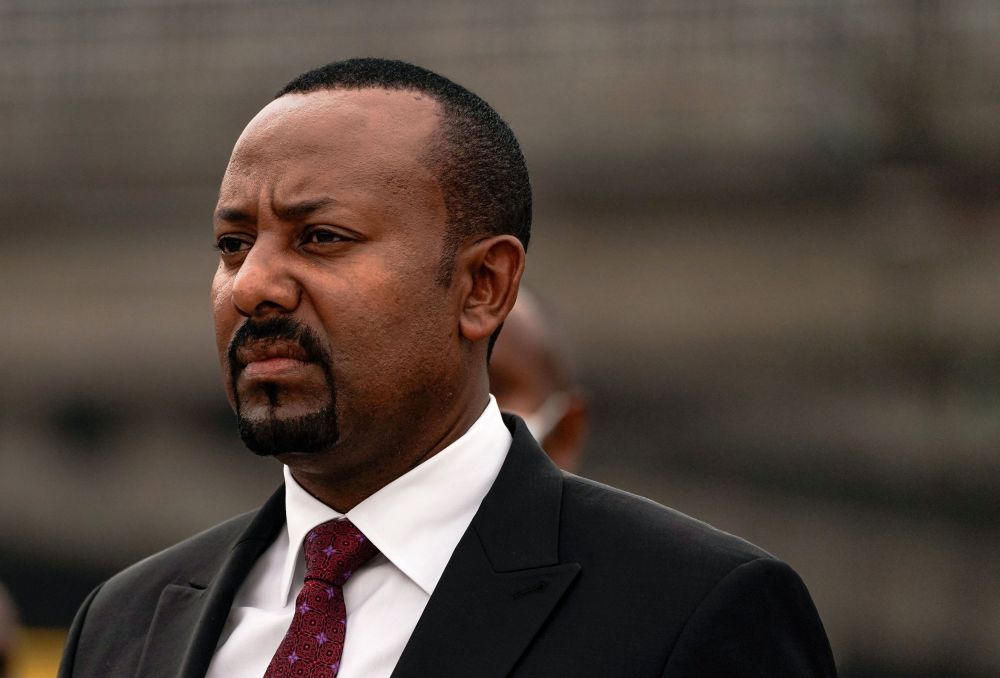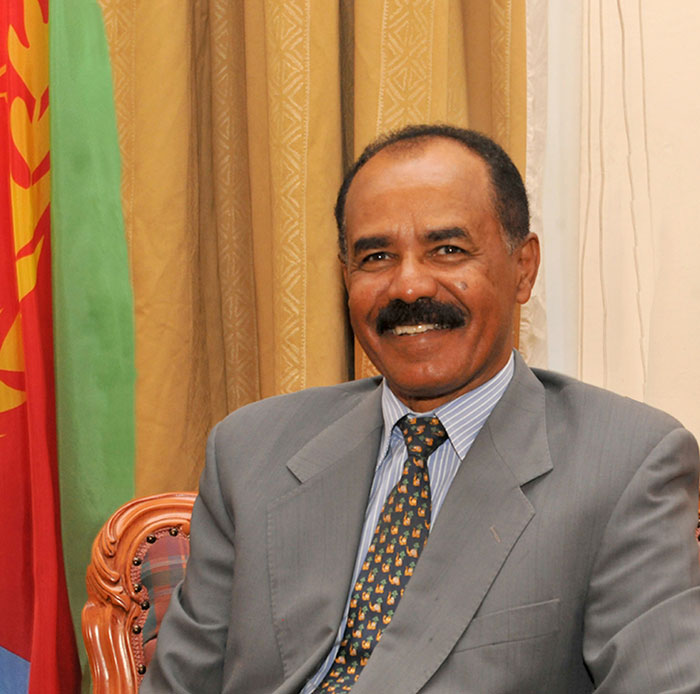
Addis Ababa (PP Editorial) — Several months ago, the former President of Somaliland, Muse Bihi Abdi, explained in an interview why Ethiopia failed to implement the maritime MoU that Prime Minister Abiy Ahmed signed with him on 1 January 2024. According to Bihi, “the President of Somalia Hassan Sheikh Mohamud proposed relocating the African Union from Addis Ababa if Ethiopia failed to respect one of the articles of the AU Charter concerning the sovereignty of member states.”
Somalia’s next step in addressing the illegal maritime MoU was to exclude Ethiopia from the African Union peacekeeping mission in Somalia. Ethiopia was permitted to resume a peacekeeping role only after it agreed to respect Somalia’s territorial integrity and signed an agreement brokered by Turkey. In 2023, Ethiopia boasted of 120 years of diplomacy, yet within months it violated a core tenet of the African Union Charter.
It is true that Assab Port was once part of Ethiopia, but the 1993 referendum in Eritrea ended any legitimate claim Ethiopia might advance against the territorial integrity of the State of Eritrea, which is protected under international law. Member states of the African Union are duty-bound to defend any member whose territorial integrity is violated by an irredentist or expansionist power.

In 2017, Leenco Lata, former Chairman of the Oromo Liberation Front (OLF), told Professor Ezekiel Gebissa that in 1991, Isaias Afwerki, then Secretary-General of the Provisional Government of Eritrea, and Sudanese President Omar Hassan al-Bashirdecided that theTigray People’s Liberation Front (TPLF) would become the national army of Ethiopia. Lata claimed that this decision led to the disarmament of the OLF and enabled the long reign of the TPLF in Ethiopia.
Abiy Ahmed, the Prime Minister of Ethiopia, isoverseeing conflictwith FANO, the Amhara resistance group, as well as a rejuvenated OLF. He sees aggression against Eritrea as an opportunity to distract attention from mounting domestic conflicts.
Ethiopia’s recent actions have resulted in significant diplomatic setbacks, especially after the European Union issued a joint statement with Egypt, in which the EU “reiterates its support to Egypt’s water security and the compliance with international law … including concerning the Ethiopian Dam (GERD).”The statement continued: “The EU strongly encourages transboundary cooperation among riparian countries based on the principles of prior notification, cooperation, and ‘do no harm’.”
Ethiopia was once a member of the League of Nations and is a founding member of the United Nations. Professor Messay Kebede, a political philosopher, reflected on the condition of Ethiopian politics: “Since ethnicity dictates both discriminatory practices that obstruct national integration and the pursuit of dictatorial rule to ensure the hegemony of one ethnic group, it should not come as a surprise that the country is on the edge of disintegration and civil war” Professor Kebede wrote.
© Puntland Post, 2025












